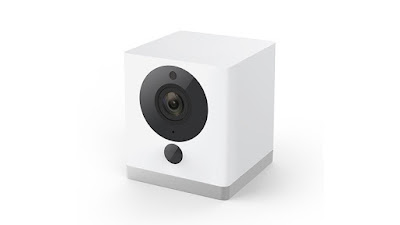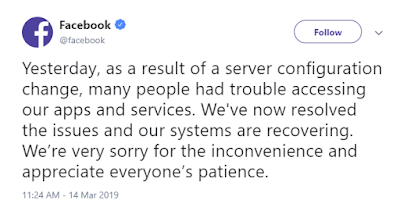In that article they mentioned that Boeing's 777 airliner's flight computers were not only triple redundant but from different manufacturers.
For the 777, Boeing's twin-aisle intercontinental jet, engineers created triple redundancy for its computers, hydraulics, communications and electrical power. Perhaps the best illustration of the lengths the company was willing to go on backups was found in the plane's primary flight computer. It was built with three microprocessors instead of one, and each came from a different manufacturer: Intel, AMD and Motorola, according to an account by a Boeing engineer.I like their thinking. One of our clients was doing a backup solution consisting of external USB drives that he was going to alternate weekly and take home. For his needs that was good but I encouraged him to buy two different brands of external USB drives. Just in case.
This reminded me of an old post of mine on redundancy.
At FedEx we learned to have primary, secondary, and tertiary plans. When loading an airplane 1) run weights and balances, 2) put ballast in the front of the plane, and 3) tie the nose wheel to the ground. And always have a backup plane, e.g. "Plan Z."
And an older post on "Belt, suspenders, and raincoat."
I've been known to carry an umbrella as well.




